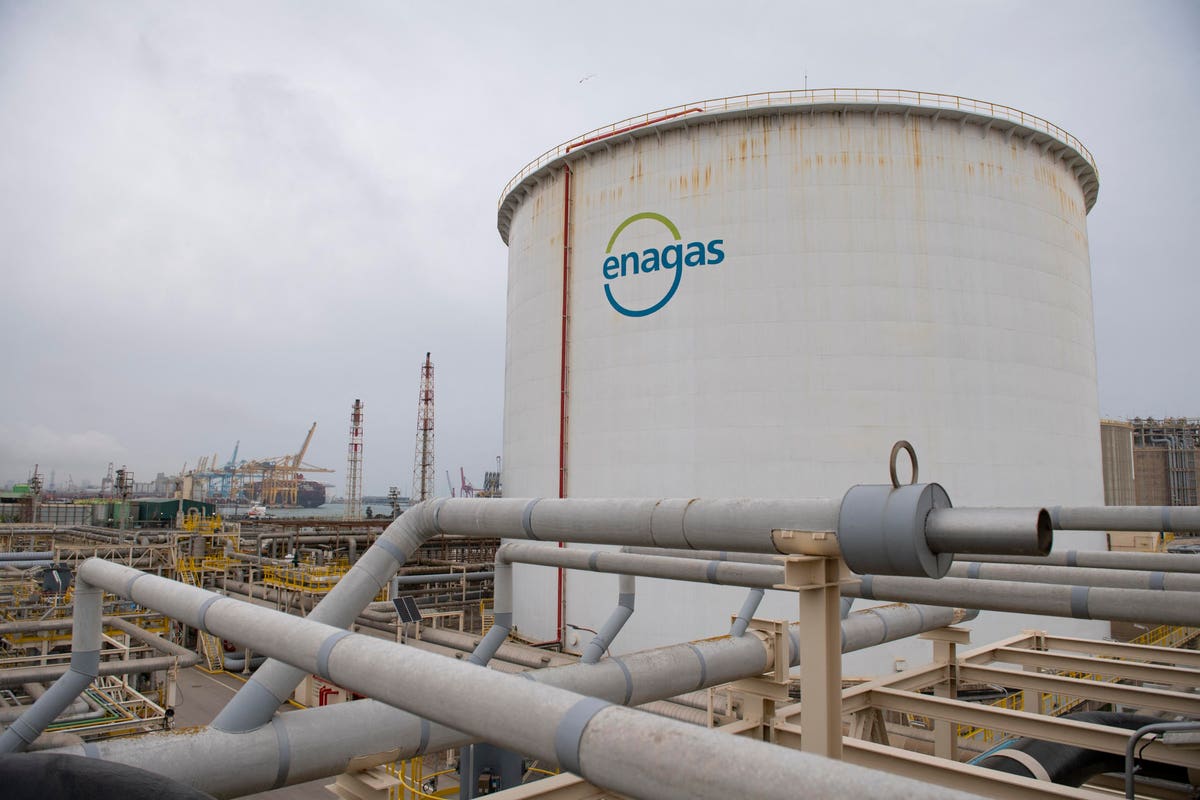Since the onset of war in Ukraine, western countries rolled out a barrage of economic and financial sanctions against Russia. The objective was to cripple President Vladimir Putin’s ability to wage war. The flow of fossil fuels through pipelines was curtailed. Russian oil was put under a cap price of $60 by the G7, a group made of some of the world’s largest economies.
However, investigations by the NGO Global Witness have brought up that Europe is has increased its purchase of Russian liquefied natural gas (LNG). Belgium and Spain are the second and third largest importers of liquefied natural gas from Russia, after China. While supply of fossil fuels via pipeline to Europe has diminished significantly, LNG shipments from Russia have been ramped up: “Between January and July 2023, the EU bought 52% of Russia’s exports, compared to 49% in 2022 and 39% in 2021.”
The Financial Times also claims that Russia could be exploiting a loophole to overcome the price cap. According to the Financial Times, shippers are selling Russian crude at below $60 per barrel, but then offset the price with larger fees. Moreover, the discount margin has been narrowing this summer, and at points Russian oil has traded above the cap. Under pressure from further production cuts from the OPEC+, Russian barrels could become more expensive.
Spain’s case is surprising, given it had built a large infrastructure network to import natural gas via pipeline from Algeria, across a narrow stretch of the Mediterranean Sea. Political relations soured in the last few years, and trade consequently suffered. It now relies on LNG shipments from more expensive producers, given they are further away and lack pipelines, which are more cost-efficient.
In 2021, before Russia’s invasion of Ukraine, Algeria accounted for 47% of natural gas imports; 20% alone came through the Maghreb-Europe pipeline. The next suppliers, such as Russia (10.5%) and the US (9.6%) made much smaller contributions. Now, Spain is buying up 18% of Russian LNG exports, according to Global Witness using data from Kpler.
Lacking Strategy
The key problem is that Europe has started implementing sanctions on Russia without a plan. We are approaching two years since war broke out, and there is no coherent strategy for energy. Member states have shunned alternatives, from Germany’s turn away from nuclear, to political friction with producers such as Algeria, Iran, and Venezuela. Arguments that trading with these countries will bolster authoritarian regimes fall apart when Europe is buying from Qatar, and straight up funding the coffers of President Vladimir Putin.
There are some plans by European companies to find alternative suppliers of fossil fuels – the drive to find other sources of energy altogether merits another article. Italy’s Eni is working to build closer ties with Algeria, as well as with other producers. The firm is closely tied with Rome’s strategic interests. In Venezuela, Eni alongside Spanish Repsol and French Maurel & Prom are attempting to start off the extraction and export of oil and natural gas to Europe. However, the Biden administration is acting too slowly in permitting both US and European firms to operate in sanctioned Venezuela.
Not finding alternatives will also hurt Europe, a heavy net importer of fossil fuels. Since May this year, Saudi Arabia is leading the OPEC+ in the direction of high oil prices. Riyadh has committed to a colossal production cut of one million barrels per day and is signalling to go further. Holding back supply, its output has fallen below Russia’s, exemplifying willingness to cut prices. Other members of the alliance have also committed to cuts, albeit smaller ones, including Moscow. Some commentators declare oil prices have a long way to go, even to $300 a barrel. Can Europe withstand a renewed energy crisis?
Read the full article here





